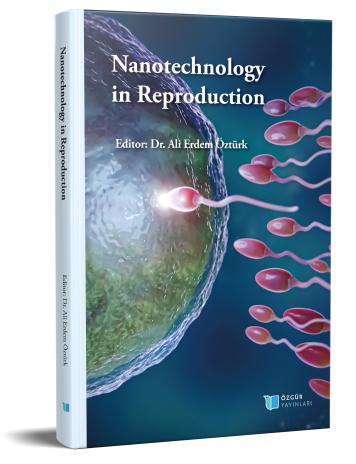
Nanotechnology in the Treatment of Infertility
Şu kitabın bölümü:
Öztürk,
A.
E.
(ed.)
2023.
Reprodüksiyonda Nanoteknoloji.
Özet
With the increasing reproductive issues in all living beings worldwide, numerous problems related to fertility have emerged. Concurrently, the rising global population rates have led to a situation where the available food resources cannot meet the demand. Environmental factors, genetics, age, nutrition, stress, and global changes are some of the reasons that lead to infertility problems. Efforts are still underway to find methods in vivo or in vitro studies to eliminate reproductive problems by preventing structural abnormalities or changes in germ cells. In recent years, some nanoparticles have been utilized to address infertility issues caused by hormonal imbalances, metabolic disorders, or abnormalities in gamete cells, aiming to perform manipulations that could positively impact fertilization. Nanoparticles, used at non-toxic levels, have shown positive responses in fertility. Particularly in spermatological studies, nanoantioxidants have been observed to reduce reactive oxygen species, consequently preventing oxidative stress. Additionally, they are reported to benefit motility and sperm viability, while preserving DNA and gene expression. This section provides important insights into the potential of nanobiotechnology in addressing infertility issues in the years to come.

